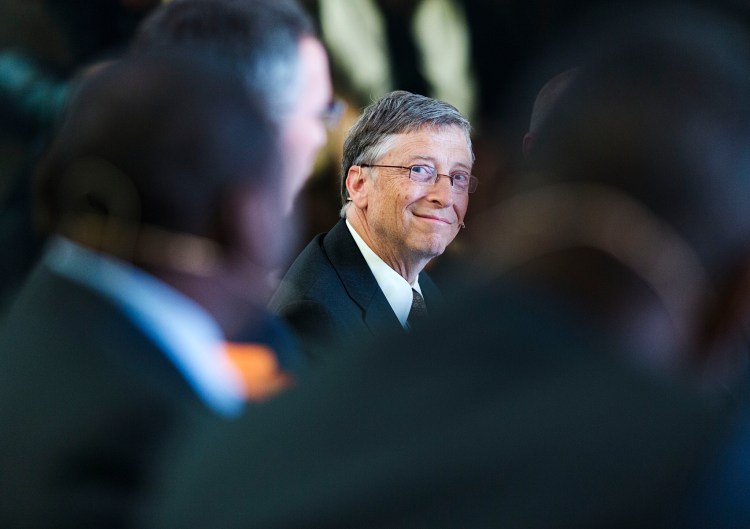Watch all the Transform 2020 sessions on-demand here.
In a series of tweets Monday, college dropout and Microsoft cofounder and former CEO Bill Gates tweeted told college graduates that if he were graduating today, he would look for a job in artificial intelligence, biosciences, or energy — industries “where you can make a huge impact.”
6/ You know more than I did when I was your age. You can start fighting inequity, whether down the street or around the world, sooner.
— Bill Gates (@BillGates) May 15, 2017
In the stream of 14 tweets published this morning, Gates says in retrospect that he placed too high a value on intelligence and that it took him decades to learn about inequities happening in the world. He goes on to encourage graduates to surround themselves with people who challenge you in constructive ways. He recommended The Better Angels of Our Nature, a book by Steve Pinker that explains reductions in violence in recent human history.
13/ This is the core of my worldview. It sustains me in tough times and is the reason I love my work. I think it can do same for you.
— Bill Gates (@BillGates) May 15, 2017
June 5th: The AI Audit in NYC
Join us next week in NYC to engage with top executive leaders, delving into strategies for auditing AI models to ensure fairness, optimal performance, and ethical compliance across diverse organizations. Secure your attendance for this exclusive invite-only event.
Gates has both said he expects AI to create breakthroughs that makes people better learners and that robots should be taxed at a rate equivalent to a human worker’s income tax in order to offset the impacts of or discourage automation.
In other news related to AI and inequity, earlier this month Melinda Gates and Google’s Fei-Fei Li created AI4All, a nonprofit organization geared toward getting more underrepresented groups like women into artificial intelligence.
“As an educator, as a woman, as a woman of color, as a mother, I’m increasingly worried,” Li told Backchannel. “AI is about to make the biggest changes to humanity, and we’re missing a whole generation of diverse technologists and leaders.”


